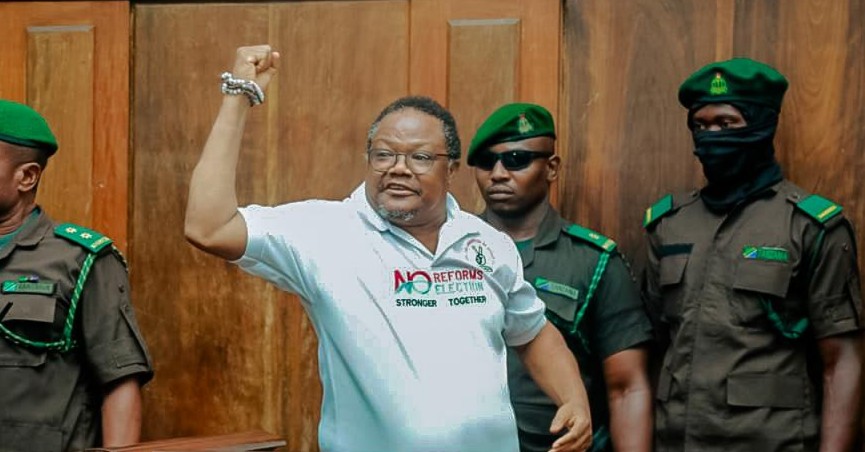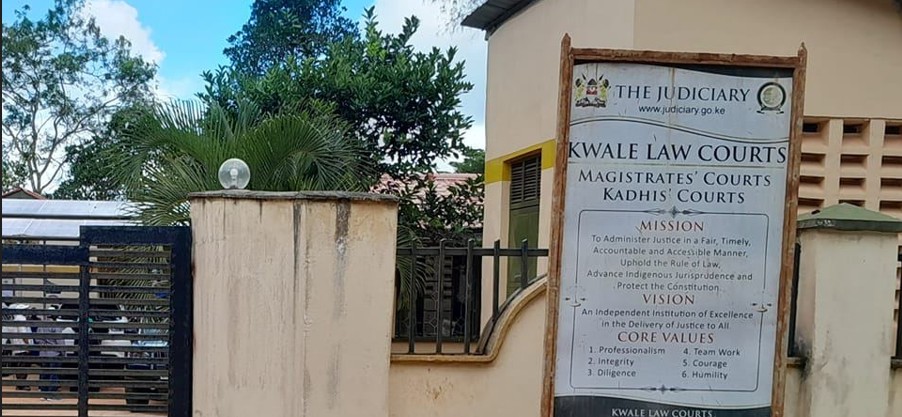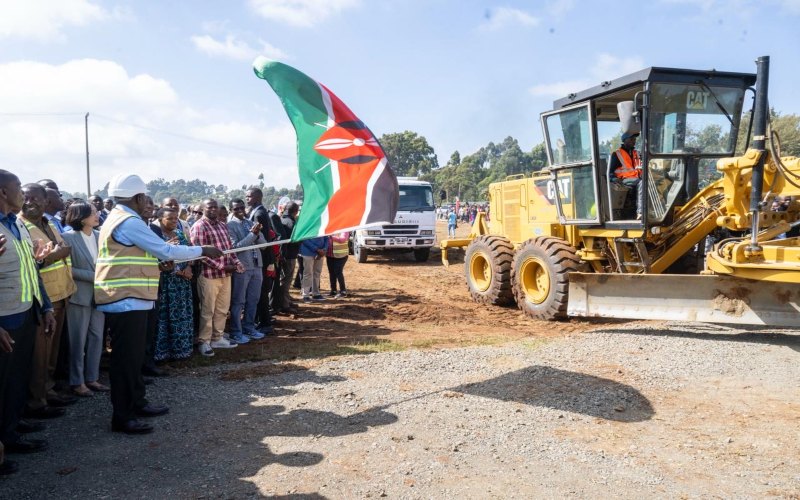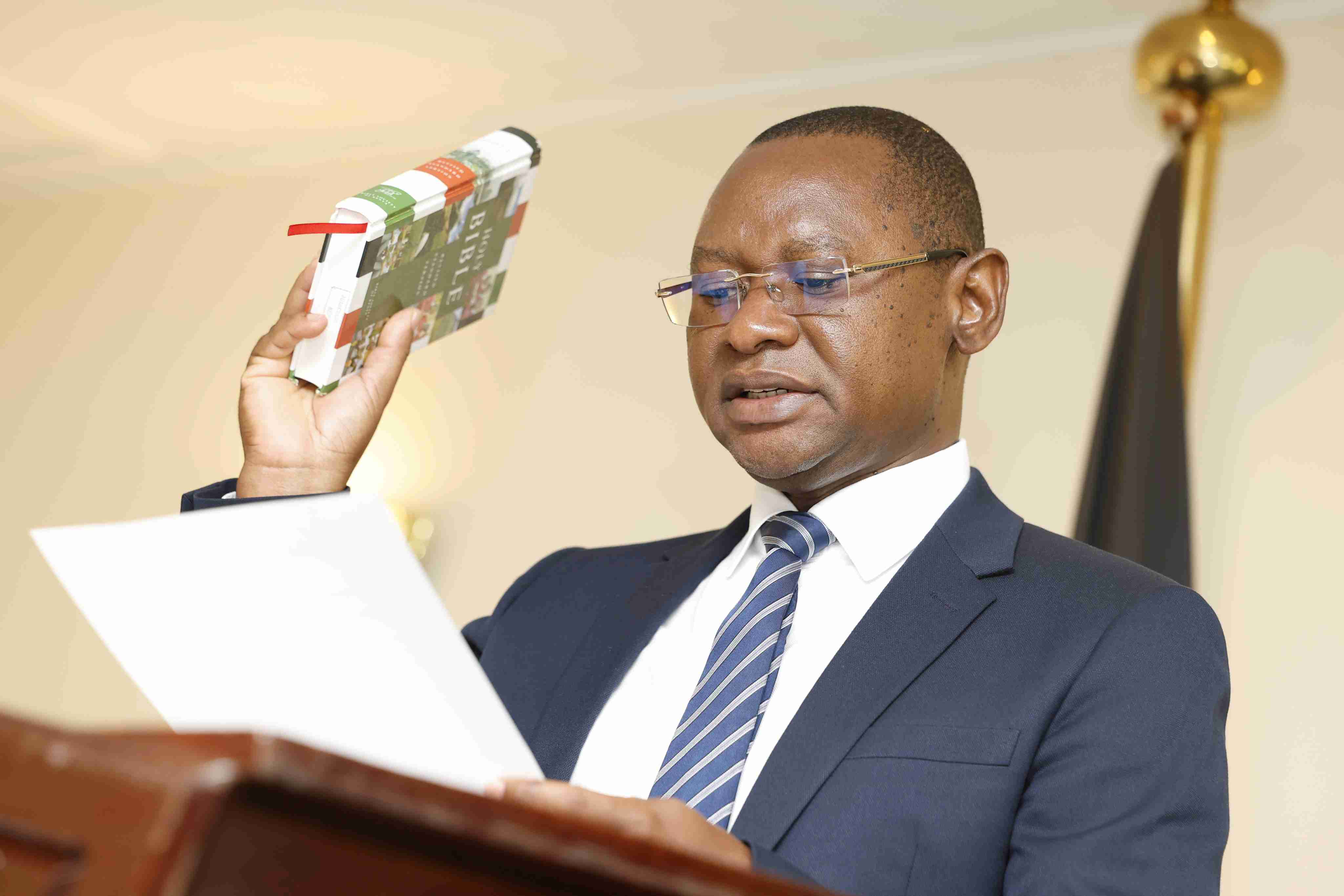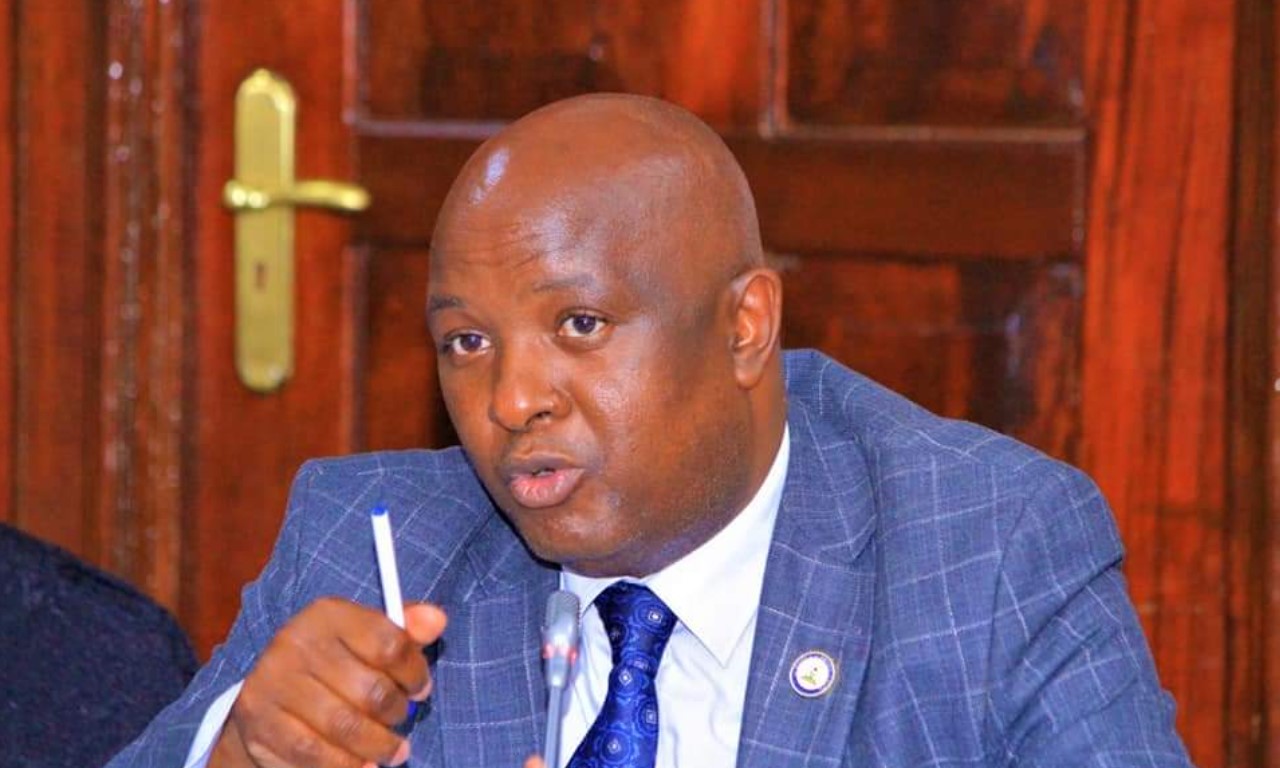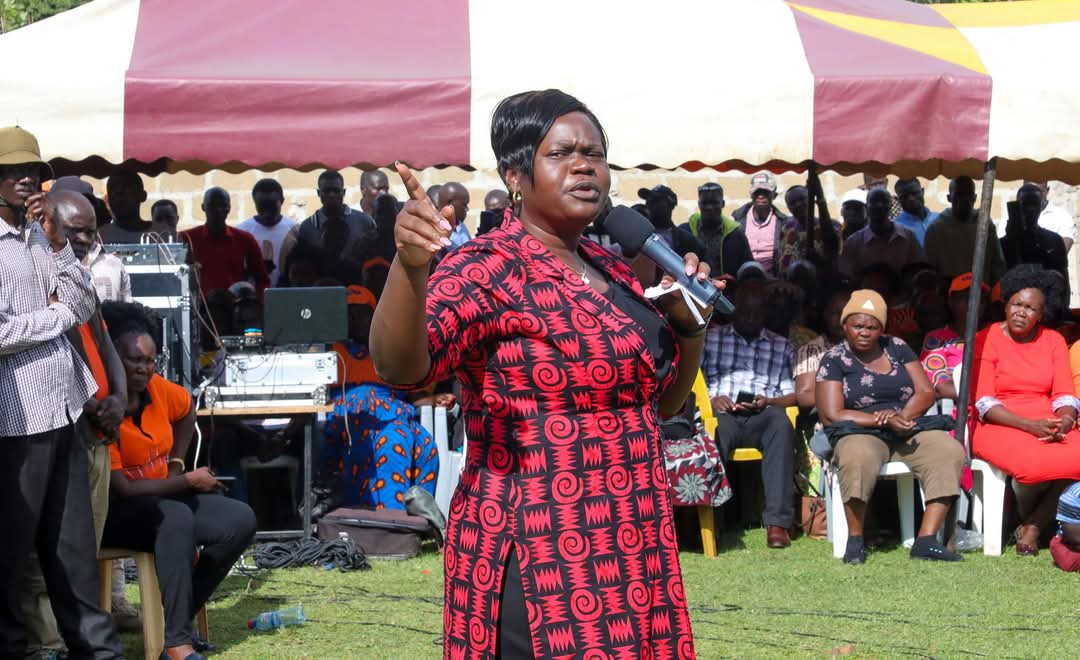Court rejects bid to charge police over death of protester Beasley Kamau

The family had sought a mandatory order compelling the State to investigate, discipline, and prosecute police officers allegedly involved in Kamau’s death.
The High Court has declined a request by the family of Beasley Kogi Kamau to order the prosecution of police officers they accuse of killing him during the June 2024 Gen Z protests in Nairobi’s Central Business District.
In a ruling delivered by Justice Bahati Mwamuye, the court found that the family had not presented sufficient proof to link the fatal injuries suffered by Kamau to specific officers, nor demonstrated that his constitutional rights were violated by State agents.
More To Read
- Gen Z protests in Kenya: Key facts (2024-2025)
- Amnesty exposes state-backed harassment network during Kenya’s 2024–2025 Gen Z protests
- Activist Bob Njagi claims Ugandan soldiers took part in Kenya’s 2024 Gen Z crackdown
- Kigame seeks court nod for private prosecutions over 2024–2025 protest abuses
- High Court dismisses Sakaja’s bid to gag media over protest coverage
- Morocco: Police detain dozens in Gen Z protests
The family had sought a mandatory order compelling the State to investigate, discipline, and prosecute police officers allegedly involved in Kamau’s death, claiming he was struck with a baton during a protest against the Finance Bill on June 25, 2024.
“The petitioners appear to rely on circumstantial evidence that it was the police who caused Kamau’s death using a baton to fracture his skull and ribs. However, there is no evidence whatsoever to show that these injuries were caused by the police while dispersing protesters,” the judge said.
Kamau’s sister, Beatrice Muthoni, filed the case in partnership with the Law Society of Kenya and the Independent Medico-Legal Unit.
The respondents in the case included then-Nairobi Regional Police Commander Adamson Bungei, former Inspector General of Police Japheth Koome, the Attorney-General, the Office of the Inspector-General, and the National Police Service.
The petitioners accused them of failing to ensure justice and accountability for Kamau’s death.
They told the court that a post-mortem report had concluded Kamau died from blunt force trauma to the head and chest.
Muthoni said Kamau’s friends, who were with him during the protest, informed her they last saw him alive near I&M Bank on Kenyatta Avenue around 1 pm, though they declined to testify or swear affidavits out of fear.
Kamau’s body was later taken to the morgue by officers from Kamukunji Police Station at about 8:00 pm.
The judge, however, ruled that this account did not prove a direct connection between police actions and Kamau’s death.
“I have evaluated all the evidence on record and found none proving that the respondents are in any way connected to Kamau’s death. The fact that some police officers may have used excessive or lethal force does not, in itself, establish who inflicted the fatal injuries or whether they were caused by the police or members of the public,” Justice Mwamuye ruled.
He further noted that the police had completed investigations and forwarded the findings to the Office of the Director of Public Prosecutions (ODPP), which advised that a public inquest be conducted.
“The law is clear that courts should be slow to interfere with the ODPP’s constitutional discretion to prosecute. The petitioners have not met the threshold to compel prosecution since the respondents have already recommended a public inquest into Kamau’s death,” he said.
Top Stories Today

